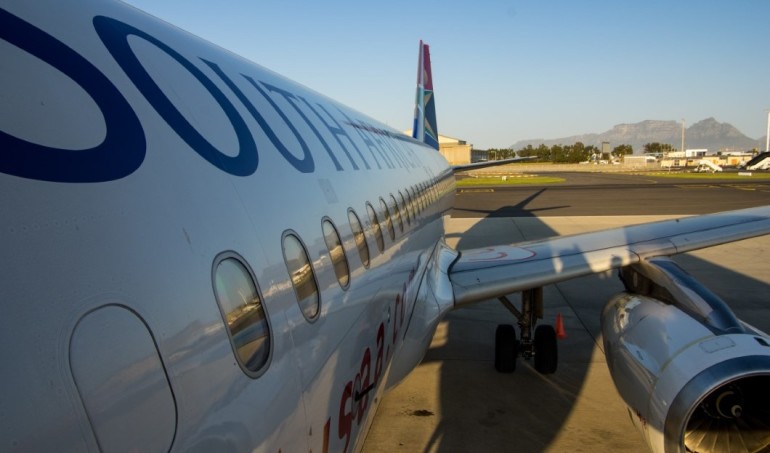Sponsored Listings:
Air transport is very strongly affected by the Covid-19 crisis. In the last few days, three companies have been unable to avoid bankruptcy – South African Airways, Norwegian and Virgin Australia.
According to the estimates of the International Air Transport Association (IATA), the industry will globally lose US$252 billion in 2020. Many airlines were forced to cut up to 90% of their flight capacity. The U.S. government announced a US$50 billion bailout fund to help the workers and airlines themselves. In the UK, the industry will have to rely on broader aid packages covering 80% of salaries for furloughed employees. EasyJet got a loan, while Flybe already collapsed.
In Italy, the government will take full control of Alitalia in June, since the airline would have gone bust due to the coronavirus crisis otherwise. Similarly, Air Mauritius, the Mauritian national aviation company, has been placed under voluntary state administration.
Most countries worldwide offer either aids or loans to airlines. Several airlines, however, did not get much support.
South African Airways
The South African government refused to grant new emergency aid to the national company on 14 April. The situation, which was already very delicate for several years, has worsened with the Covid-19 pandemic and the company became one of the first victims in the airways.
Heavily indebted and recently placed in receivership, South African Airways has not recorded any profits since 2011. “The government is unable to provide any more funds to finance the rescue plan (of the company), beyond those already provided,” the South African authorities said in a letter addressed to the company’s provisional administrators, quoted by the local press.
“We think that (the directors) will wait a little longer but they will be forced to ask the court to liquidate,” commented economist Peter Attard Montalto. For their part, the Ministry of Public Enterprises said they were working to “define an economic model and a sustainable financial model for the struggling company”. South African Airways had already been forced to cut many connections in recent months.
Norwegian
A few days after their South African counterpart, the low-cost Norwegian Air Shuttle announced the bankruptcy of four subsidiaries in Sweden and Denmark. These bankruptcies will result in the unemployment of more than 1,500 pilots and more than 3,000 crew members in Sweden, Denmark, Finland, Spain, the United Kingdom and the United States. Pilots and cabin crew based in Norway, France and Italy are not affected for the time being.
“The impact that the coronavirus has had on the airline industry is unprecedented,” said Managing Director Jacob Schram in a statement. “We have done our utmost to avoid having to make this decision as a last resort and have applied for access to government assistance in Sweden and Denmark”.
Accumulating losses and bending under a colossal debt even before the Covid-19 pandemic, Norwegian is now experiencing cash flow problems since most of its aircraft are grounded.
An extraordinary general meeting is scheduled for 4 May. The European low-cost airline has proposed a total or partial conversion of debts and financial commitments into shares.

Virgin Australia
The Australian airline announced on 21 April that it had voluntarily suspended payments, becoming the first major airline to collapse under the shock of the outbreak of the new coronavirus. “Our decision today is aimed at ensuring the future of the Virgin Australia Group and its rebirth after the Covid-19 crisis,” explained its CEO Paul Scurrah in a press release. “Australia needs a second airline and we are determined to continue our flights,” he added.
Virgin Australia, indebted to the tune of five billion Australian dollars (€2.95 billion), had asked for a loan of more than one billion Australian dollars to keep itself afloat. To no avail. There is, however, extraordinary interest in this company and in the restructuring of Virgin Australia.
Virgin Australia was already showing signs of financial weakness before the Covid-19 outbreak. By 2019, it had recorded an underlying pre-tax loss of A$71 million.
Source: tourism-review.com










